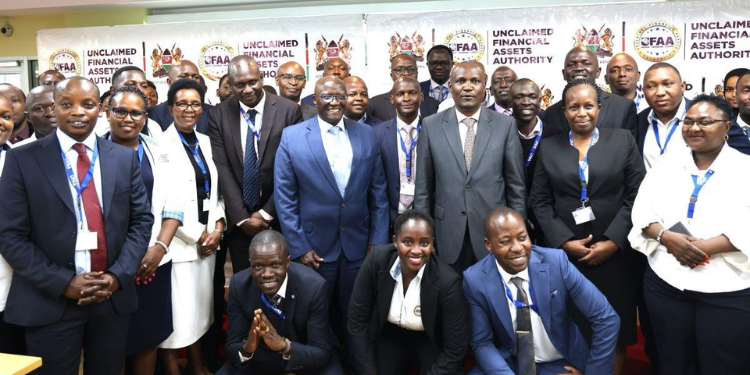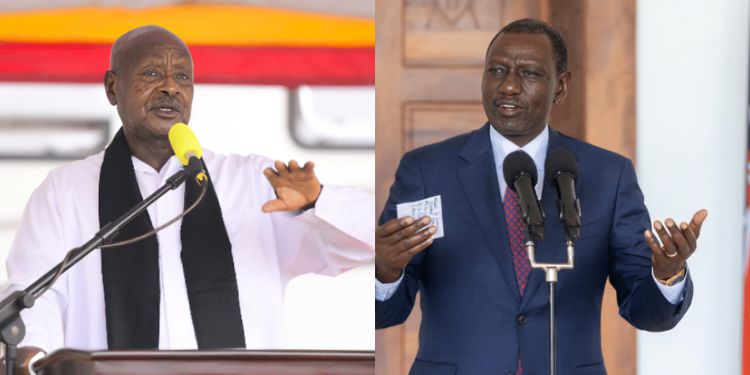The Finance Bill 2025 tabled in the National Assembly poses a serious threat to Kenya’s social fabric, according to the National Taxpayers Association (NTA). The bill, published as National Assembly Bill No. 19 of 2025, outlines sweeping changes across several tax laws. But while the government aims to boost revenue collection, the consequences could be devastating for ordinary citizens already grappling with harsh economic realities.
NTA argues that many of the tax proposals in the Finance Bill are regressive and will worsen the cost of living, pushing millions of Kenyans into deeper economic hardship. The bill proposes amendments to key laws including the Income Tax Act, VAT Act, Excise Duty Act, and the Tax Procedures Act—all of which could make essential goods and services more expensive.
The government intends to raise Ksh 3.32 trillion in revenues, while borrowing an additional Ksh 876.1 billion—bringing total government expenditure to a staggering Ksh 4.24 trillion.
Yet, the proposed budget cuts back on critical social services while expanding administrative expenses, including the controversial proposal to create seven new state departments.
Also Read: Treasury CS John Mbadi Responds to Concerns of Job Losses After Finance Bill 2025
“Allocations to sectors such as education, school feeding programs, and the Linda Mama maternity scheme are either reduced or completely omitted,” NTA warns.
“This will disproportionately affect poor households and vulnerable communities.”
Finance Bill 2025 unpacked
One of the most alarming proposals involves changing the VAT status of goods like solar panels, raw materials for medicines, animal feed, electric vehicles, and clean energy stoves from zero-rated to VAT-exempt.
This move would prevent manufacturers from claiming input tax refunds, pushing up production costs—and ultimately, consumer prices.
“Instead of easing the burden, these changes will escalate the cost of healthcare, food, clean energy, and transport,” NTA states.
Also Read: Mbadi Clarifies Why Budget for National Exams Was Removed
The bill also proposes tax breaks for investors in Special Economic Zones (SEZs) and the Nairobi International Financial Centre. While these may attract foreign capital, NTA cautions that they could also serve as tax havens for politically connected elites.
Call to action
The watchdog group is calling on MPs to reject the Finance Bill in its current form and instead champion a fiscal policy that puts people first—particularly the economically disadvantaged.
NTA advocates for an end to wasteful spending and duplication of government roles, urging that resources be redirected toward education, agriculture, healthcare, and social protection.
“At a time when families are struggling to put food on the table, the Finance Bill sends the wrong message,” says NTA. “We need a pro-poor, pro-growth tax framework—not policies that deepen inequality.”
With public submissions on the bill now closed, all eyes are on Parliament. Will our lawmakers listen to the people—or rubber-stamp a proposal that could tip millions further into poverty?
Follow our WhatsApp Channel and X Account for real-time news updates.








































































